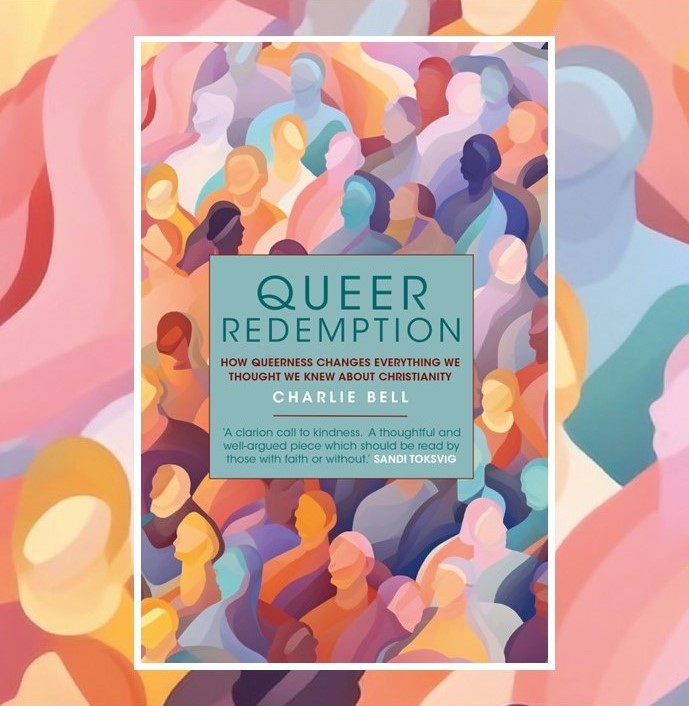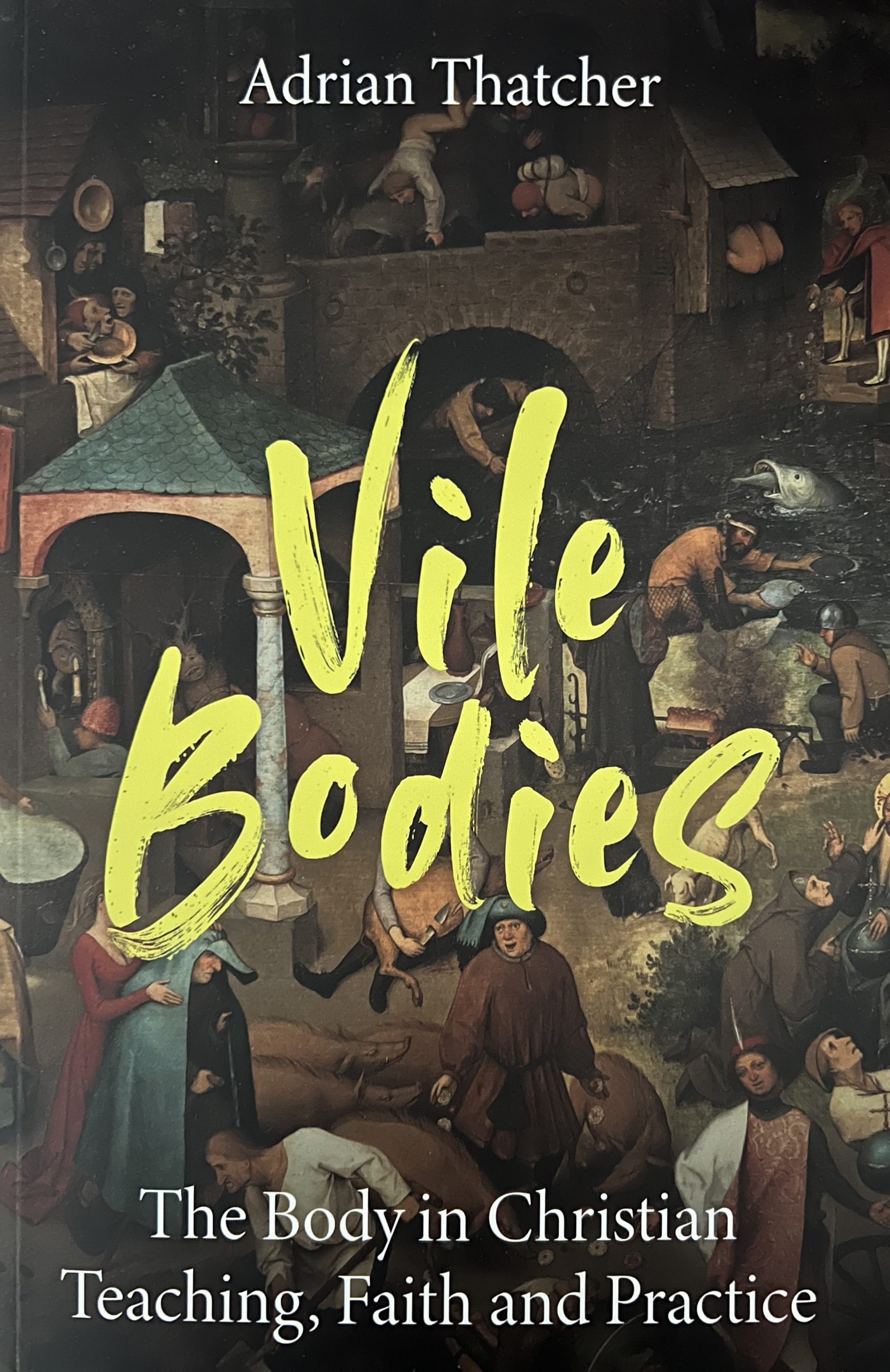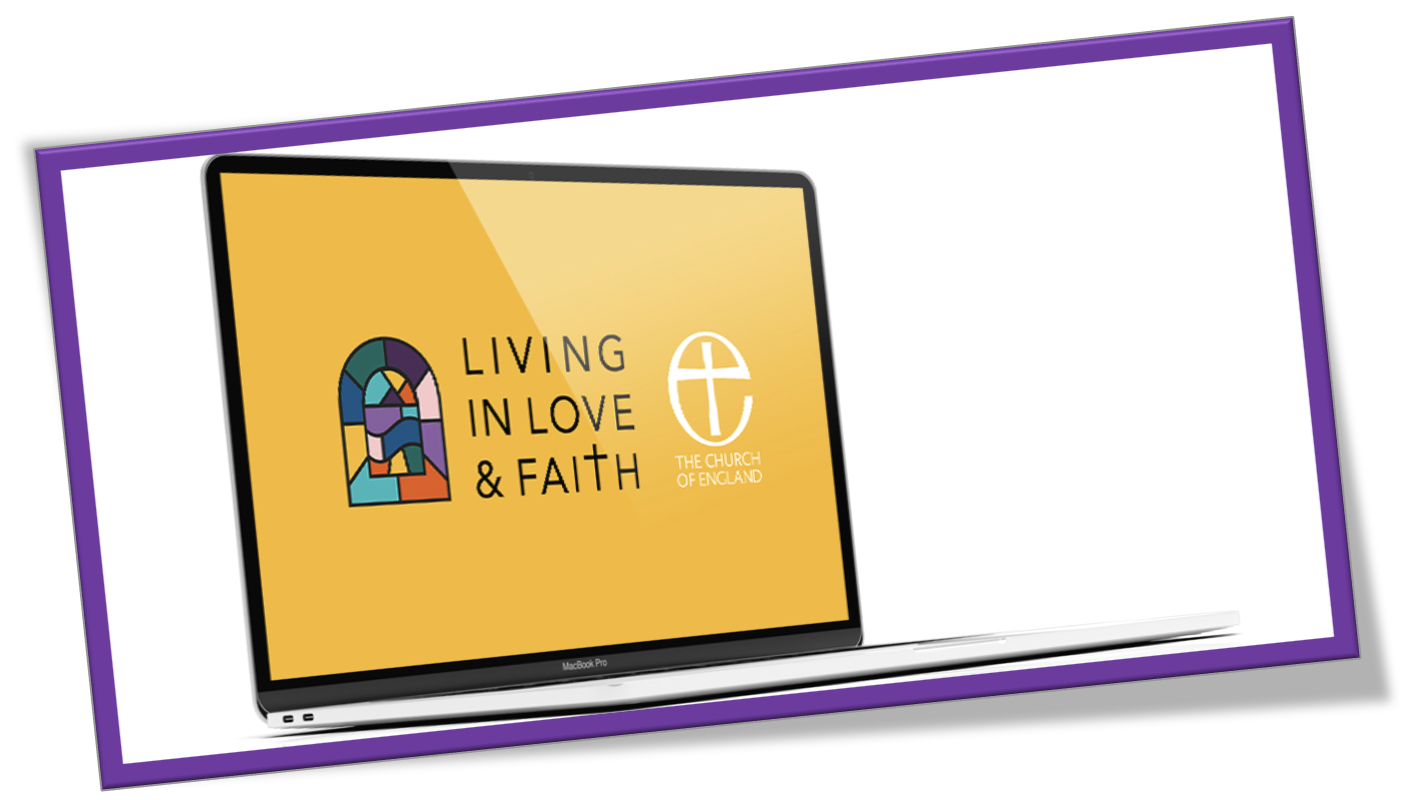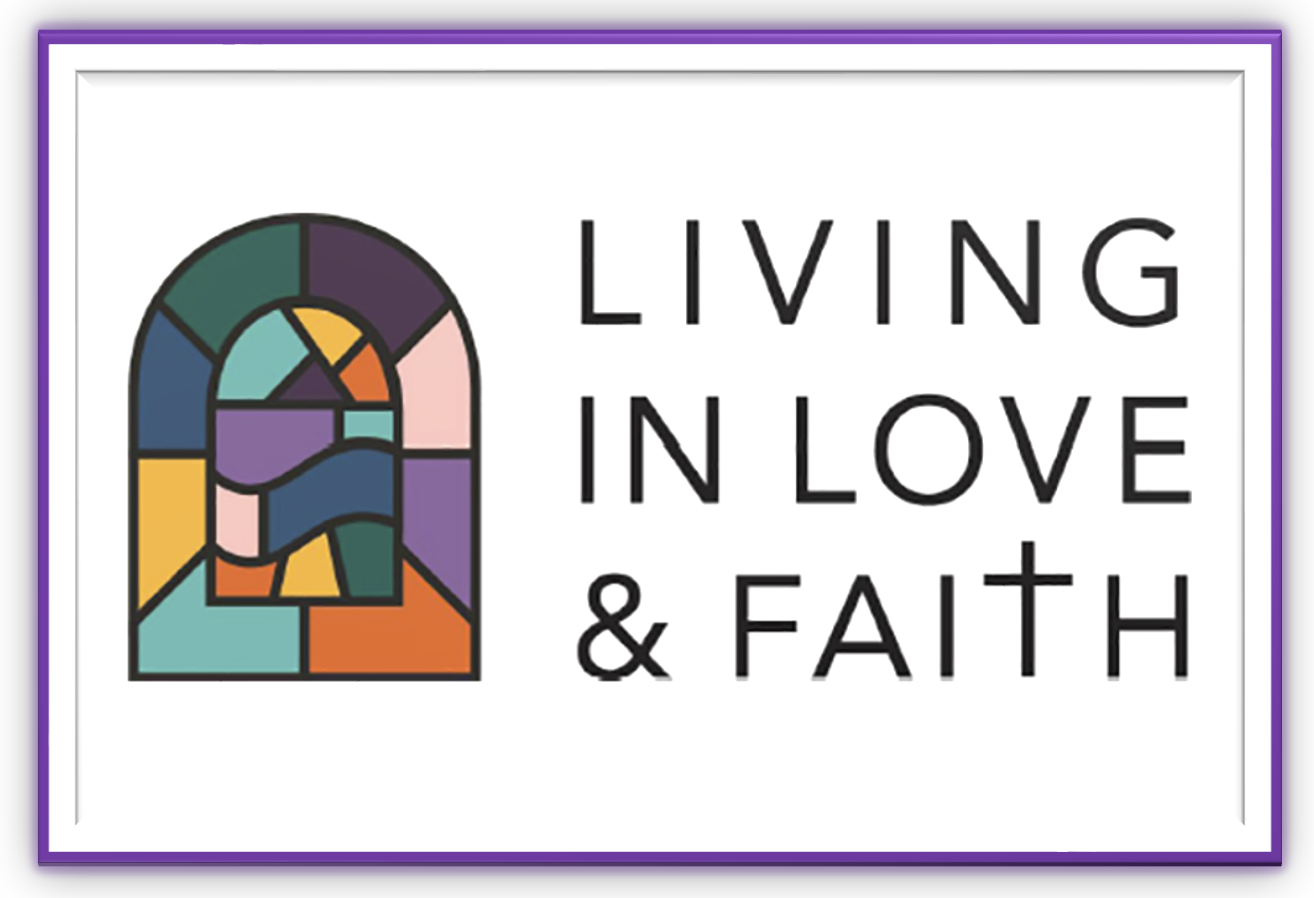Sexuality
Renewing Communion: A queering of unity and colonialism
The Rev'd Dr. Charlie Bell summarises: The Anglican Communion as a trans-national and interdependent community of Christians is facing potential catastrophe. The Communion remains a creature of colonialism, both in the way it lives out its mission and in its structures. At the heart of the Communion’s breakdown in koinonia has been the ‘possibility’ of same-sex or same-gender love, something made somehow distinct and, as a result, problematised. This article considers the underlying complex dynamics of colonisation and the ongoing refusal of the Anglican Communion to engage in reflexive practice. The opportunity of redemption through queerness is identified, and the barriers to such a journey of hope in the Communion both engaged with and challenged. Similarly, the appeal to ‘unity’ is confronted and itself disrupted. Finally, the intrinsic relationship between decolonisation and queerness is identified and celebrated as a key to a healthy future for what it means to be Anglican. ... CLICK ON PICTURE TO CONTINUE
Queer Redemption: Dr Charlie Bell
Dr. Keven Hall reviews Queer Redemption by Dr Charlie Bell: Dr Hall writes in his review of this book that Bell believes gay people don’t feel listened to in the church, not just to do with their sexuality, but about their personhoods. Not properly listened to by the majority in the Church of England, not properly listened to by its leadership. Bell sees his task as attempting to reach Christians and Christianity with how they can do better at meeting queer people 3-dimensionally. And, broadly speaking, to see how more of us can learn to live better with our complex, often difficult, psychologies and differences He seeks to return the church to the irreducible core of the life of Christ by resurrecting the best of Anglican theological method, with his use of experiences of gay people as his point of reference. ...
Vile Bodies – The Body in Christian Teaching, Faith and Practice
Dr. Gill Atkinson writes in her review of Adrian Thatcher's book: “Vile Bodies” is an extraordinarily well researched and in-depth study. As the title suggests the book is an account of the human body as a disgusting thing in Christian teaching, faith and practice; the term “vile” used by St Paul to describe his own body. An historical, theological and sociological approach is taken to the examination of cultural norms, taboos and practices which have resulted from, and fed into, Church scripture and teachings. In the introduction the author tells us that, the all-powerful idea in the Christian tradition that the body is vile has had a huge negative influence on millions of people past and present and that the purpose of the book is to explore why this happened, continues to happen and what can be done about it. ...
Comprehensive Anglicanism: antipodean initiatives
Bishop Stephen Pickard writes: In 2023 a number of concerned Anglicans from around Australia formed the National Comprehensive Anglicanism Network (NCAN). At the heart of this initiative was a concern for the church’s unity and witness to the gospel in a time of controversy, fracture and division. With this in mind NCAN has been established to support communication across local churches, agencies and individuals; to encourage grass roots Anglicans through resources relevant to Anglican life, ...
The House of Bishops on gay marriage – Part two of a two-part study
In this second contribution to the current debate on gay marriage and the C of E's House of Bishops Report, the Rev'd Jonathan Clatworthy concludes: Reflecting on that whole history of church teaching about sexual ethics, one cannot help noticing that the changes since the early 1960s have been remarkably fast. I suspect this means three things. Firstly, the changes have been much needed. Secondly, younger people find it hard to understand why their parents and grandparents behaved as they did. Thirdly, we are left with much unfinished business. A century ago, there was a clearly understood ethical tradition about sex: it was only for childbearing within marriage. That tradition was sanctioned by a widely accepted moral authority, the Christian churches. Now, there is no clearly understood ethical system. If any principle is emerging as a criterion of acceptable sex, it is simply consent between the parties. In the process, the moral authority of the churches has collapsed. So far, nothing has replaced it. As long as the ecclesiastical leadership continues to tear itself apart over gay marriage, the general public cannot forget why the churches are no longer seen as a moral authority. ...
A response to ‘The Church of England’s Doctrine of Marriage’, +Fulham et al
The Rev'd Dr. Charlie Bell responds to the fourteen bishops who have published a defence of 'traditional' marriage: I thought it might be useful to offer a few thoughts on the most recent paper by a number of bishops, of differing theologies and yet in opposition to same-sex marriage. It’s notable that these bishops come from different theological stables, which probably does give some indication as to why the resulting theology here is so disappointingly light and unconvincing. It appears to lack a coherence theological thread and suffers because of it. Nonetheless, it is good that bishops are finally willing to say what they think – even if we might disagree with it. The risk of saying what you think, of course, is that your arguments are open to challenge. This is my small offering in that regard. ...
That’s one small, timid step for the Church of England.
The Editor: The Rev'd Dr. Nicholas Henderson writes - The Church of England has almost concluded a long and at times tedious ‘Living in Love and Faith’ process of discernment and consultation regarding gay relationships and essentially about whether to allow these to be consummated in Christian marriage. Now the House of Bishops have effectively short-circuited the final decision, meant to be decided by the General Synod in February 2023, by pronouncing that they will not change the Church’s fundamental teaching “that holy matrimony is between one man and one woman for life.” ...
Government, faith or anything else by slogan?
Editorial - The Rev'd Dr. Nicholas Henderson - August 2021 ... A slogan is a memorable motto or phrase used in a political, commercial, religious, or other context as a repetitive expression of an idea or purpose, with the goal of persuading members of the public or a more defined target group.
Sexual Orientation and an Anglican Response – An Asian perspective
The Rt. Rev'd Keerthisiri Fernando
If we were to think of one aspect of life that has been of immense scrutiny and discussion in the Church it would be human sexuality ...
If God created us to be sexual beings…
... in relation with our fellow humans, why do we, in the church, try to diminish this element of ourselves in order that we might know God likes us as well as loves us? - The Rev’d Ruth Fitter








